At Steel City Spaces we primarily use Debt and Equity Investing to provide consistent returns. When capitalization rates drop, we turn to debt investing to keep our returns high. When capitalization rates increases, we buy property and take advantage of the higher cash on cash return.
How Debt Investments Work
When investing in real estate debt instruments, the investor is acting as a lender to the property owner or the deal sponsor. The loan is secured by the property itself and investors receive a fixed rate of return that's determined by the interest rate on the loan and how much they have invested. In a debt deal, the investor is at the bottom of the capital stack which means they have priority when it comes to claiming a payout from the property.
Pros:
- Shorter hold time-Debt investments are most often associated with development projects. As a result, they typically have a shorter holding period compared to equity investments. Depending on the nature of the deal, the hold time may last between six and 24 months. That's a plus for investors who aren't comfortable tying up assets for the long-term.
- Lower risk- Because of the way deals are structured; investors take on less risk with debt investments. The loan is secured by the property, which acts as an insurance policy against repayment of the loan. In the even the property owner or sponsor defaults, investors have the ability to recoup the loss of their investment through a foreclosure action.
- Steady income- Debt investments are more predictable in terms of the amount and frequency of return payouts. While every deal is different, it's not unusual for investors to earn yields ranging from 8% to 12% annually. These returns are typically paid on a monthly or quarterly basis.
Cons:
- Capped returns - Debt investments entail less risk, but one major downside is the fact that returns are limited by the interest rate on the loan. Investors have to be clear about whether they're willing to sacrifice the potential to earn higher yields in exchange for a safer bet.
Equity Investment Basics
Most real estate deals involve equity investments. In this scenario, the investor is a shareholder in a specific property, and their stake is proportionate to the amount they have invested. Returns are realized in the form of a share of the rental income the property generates, less any service fees paid to the sponsor. Investors may also be paid out a share of any appreciation value if the property is sold.
Pros:
- No cap on returns - Equity investments offer a broader horizon, in terms of earning potential. It's possible to see annualized returns ranging from 18% to 25%. Since there's no cap, however, the sky is really the limit from an investor's perspective.
- Tax benefits - One perk of owning an investment property is being able to deduct certain expenses associated with its ownership, such as depreciation and the cost of repairs. With equity crowdfunding, deals are normally structured through an LLC, which is treated as a flow-through entity for tax purposes. That means that investors can reap the benefits of the depreciation deduction without having to own property directly.
Cons:
- More risk - Equity deals may put more money in investors' pockets, but it means taking a bigger gamble. Investors are second in line when it comes to receiving a payback on their investment, and if the property fails to live up to its performance expectations, that can easily translate to a loss.
- Longer hold period - Equity investors are looking at a much longer time frame compared to debt investors. Hold times can stretch out over two or even five years, which is an important consideration if you're interested in maintaining a high degree of liquidity in your portfolio.
